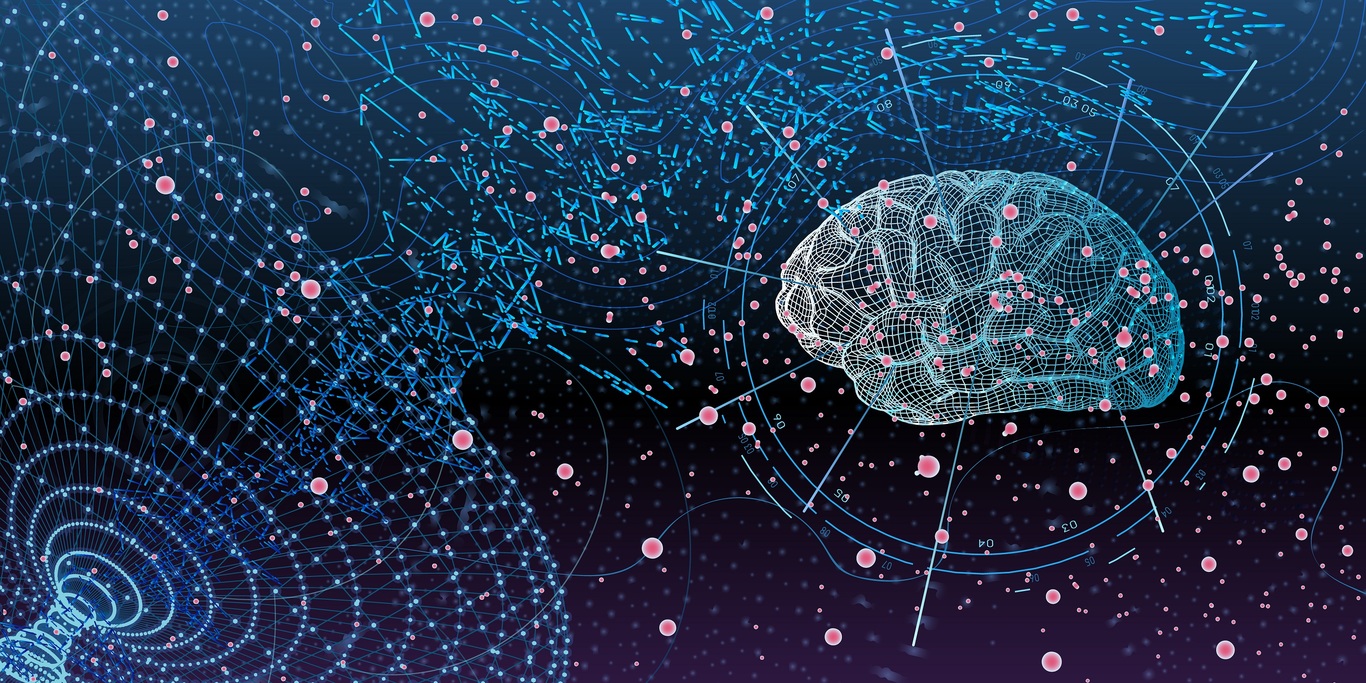AI may be a buzzword, but it could change the way companies hire in 2020
There’s a fear that AI could dehumanise recruitment, but it could help put the human side back into hiring.
IN RECENT YEARS, artificial intelligence (AI) has become a buzzword in recruitment, but there is a serious lack of clarity on how AI can actually support hiring.
It’s a commonplace fear that AI is dehumanising the recruitment process, but AI should be an extra resource to the hiring team, supporting them to find and hire the best people.
The idea is that AI puts the ‘human’ side back into recruitment, allowing hiring managers to focus on the most important elements of the process.
Screening candidates
One of the most common issues in recruitment is managing volume as determining the quality of a candidate among a high number of applicants is extremely time-intensive.
AI-powered CV screening is designed to rank and present the most suitable candidates, allowing you to make quick decisions and begin shortlisting the candidates that best meet your criteria.
It is important to note that most AI screening tools only score the candidates based on the criteria you set out, so what you put out is what you will get.
AI screening tools work by word association and not by keyword matching, this means that if you have a job description for a software developer but the candidate’s CV has the word software engineer, the candidate will still receive a score.
Similarly, the scoring is not based on word volume, just because the CV has the same word over and over again does not result in a high score.
Harness the data
Part of the idea behind AI-powered functionality is that it can give you the tools to source, screen and hire the best candidates effectively, thus reducing your reliance on outsourced providers and cutting down on the overall time to hire.
Hiring metrics and tech can also provide data insights and recommendations for spend and targeting for future recruitment. This should help you to learn from your hiring success, and failures, to make informed decisions.
Digital interview tools such as video interviewing can be a good first step to help you identify suitable candidates. This not only saves your time but also the candidate’s time as they can complete the interview irrespective of location.
There are now tools that can also help analyse body language, eye contact and other subtleties which can be important for your screening process, improving the time it takes to hire and the experience for business and candidate alike.
Placing a chatbot on your careers page could also be useful for letting candidates actively ask questions and communicate in the early stages of the hiring process. This should increase not only clarity on job requirements and expectations but also result in more positive engagement and buy-in from the candidate.
Retention policy should also begin with your recruitment strategy. Investing in hiring tools will help you to create a more effective and seamless recruitment process for all involved.
AI and other automation technology is designed to reduce the amount of time spent on administration and allows you to focus on the human side of recruitment, spending time with the candidates to identify the best fit for your business as well as gaining time back to focus on vital retention strategies.
Caroline Gleeson is the chief executive of Occupop
Get our Daily Briefing with the morning’s most important headlines for innovative Irish businesses.






